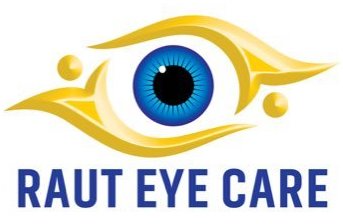
Endoscopic Cyclophotocoagulation (ECP) is an eye procedure designed to reduce intraocular pressure (IOP) in patients with glaucoma.It is a minimally invasive procedure that is performed inside the eye using a small endoscope.
The endoscope is inserted into the eye and laser energy is used to create small burns on the ciliary body, which is a part of the eye responsible for producing aqueous humor.The laser energy causes the ciliary body to stop producing aqueous humor, which reduces the amount of fluid in the eye, lowering the intraocular pressure.
The procedure is typically performed on one eye at a time and can be repeated if necessary.The benefits of ECP include a lower risk of complications than traditional glaucoma surgeries and a shorter recovery time.
The risks of ECP include temporary vision loss, inflammation, and infection.ECP is typically reserved for patients who are unresponsive to medical therapy or who have had unsuccessful glaucoma surgery.






